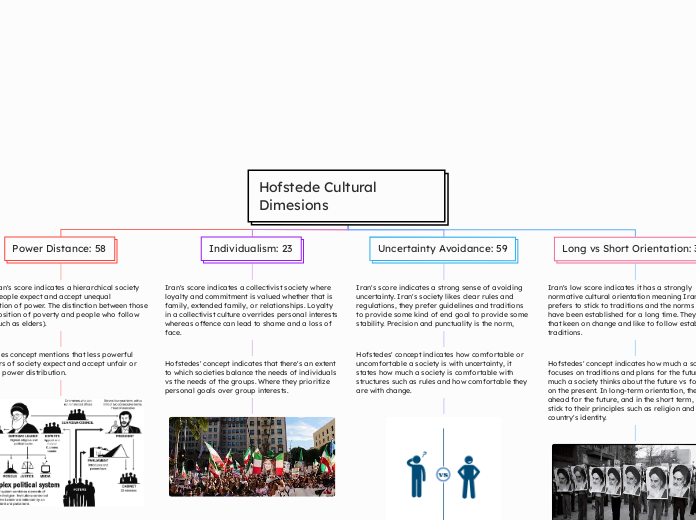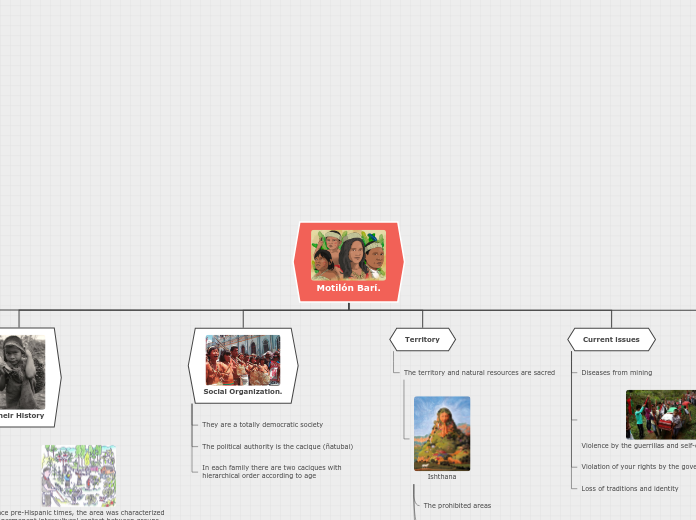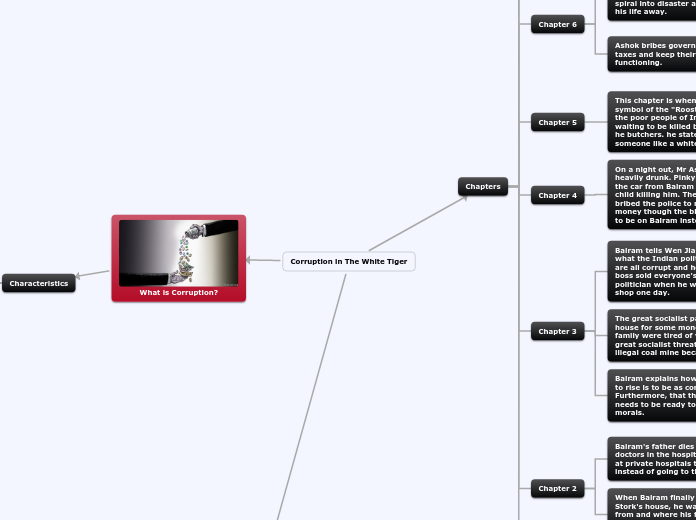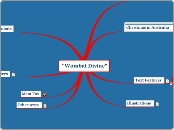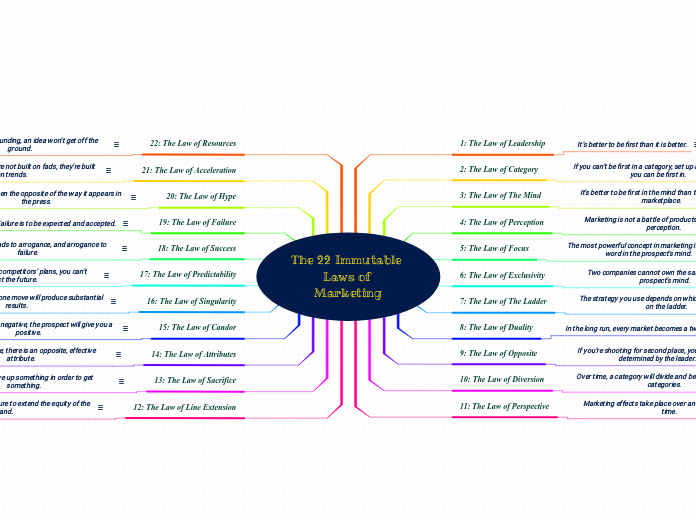door Yousefi Elina 11 maanden geleden
101
Hofstede Cultural Dimesions
Iran's culture, according to Hofstede's dimensions, is characterized by a strong adherence to established traditions and norms, indicating a low score on long-term orientation. This reflects a preference for sticking to traditional values rather than embracing change.
